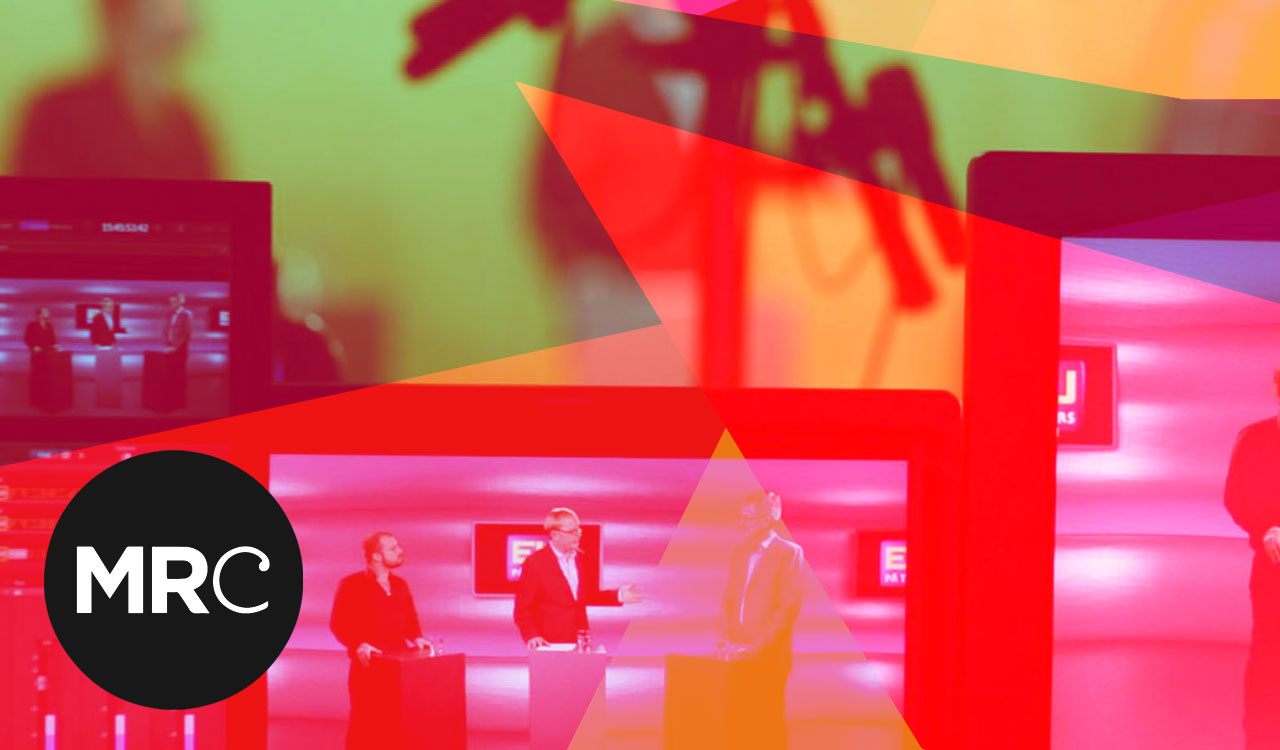Rupert Murdoch’s 21st Century Fox has now confirmed its agreement to buy the remainder of Sky, Britain’s largest broadcaster. This takeover will unambiguously strengthen Murdoch’s dominant voice in the British media at a time when we desperately need more diverse sources of news and entertaiment.
There appears to be a growing chorus arguing that the situation today is radically different to that of 2011 when Murdoch withdrew his previous bid to buy Sky in the wake of the phone hacking crisis. Apparently, there are fewer concerns in today’s media landscape that the buyout will diminish plurality.
But what is so different today?
The issues raised by the phone hacking scandal remain relevant. We are still waiting for the full implementation of Lord Justice Leveson’s proposals and, in particular, for the setting up of ‘Leveson 2’, an inquiry into the relationships between police, press and politicians in which Murdoch’s newspapers are likely to feature quite heavily.
Murdoch’s businesses are as powerful as ever. We are told that the emergence of new players like Netflix and Amazon together with the separation of Murdoch’s film/TV and publishing businesses into two companies back in 2013 means that, as Simon Jack, the BBC’s business editor has written, ‘the deal would mean less concentration of power in the sector’. Yet, subscription revenue – the sector in which Sky remains dominant – has grown rapidly since 2011 as a share of total TV revenue while Sky is enjoying record levels of income – over £8 billion in the UK and Ireland and £12 billion including its European operations. Furthermore, this analysis leaves out the simple fact that Murdoch continues to have substantial cross-media interests even if they are formally housed in different companies. Indeed, the main reason for the 2013 spit was precisely to make it easier to ‘revive’ its bid for Sky even though, in reality, little has changed in terms of Murdoch’s portfolio of interests.
Murdoch’s political connections are as strong as ever. We are told, by Murdoch himself, that, because of the internet ‘no controls the media or will ever again’. But does one tweet fool anyone? Is a proprietor with a portfolio as vast as Murdoch’s really that powerless? If so, how was it that prime minister Theresa May managed to find time in her short trip to New York in September to have an off-the-record meeting with him? Furthermore, how can it be right that, given her commitment in her recent conference speech to ‘stand up for the weak, and to stand up against the strong’, we still know nothing about the contents of that meeting?
The culture secretary Karen Bradley should refer the deal straight away to Ofcom ahead of a full investigation into its implications for media plurality. Furthermore, the culture secretary should immediately give the go-ahead for Leveson Part 2 so that crucial issues concerning corruption between media and police can be brought to light. Don’t be fooled by the commentators who claim this is a done deal – there is far too much unfinished business to simply roll over and accept that the buyout is in the public interest.
Sign the petition to stop the takeover here.



